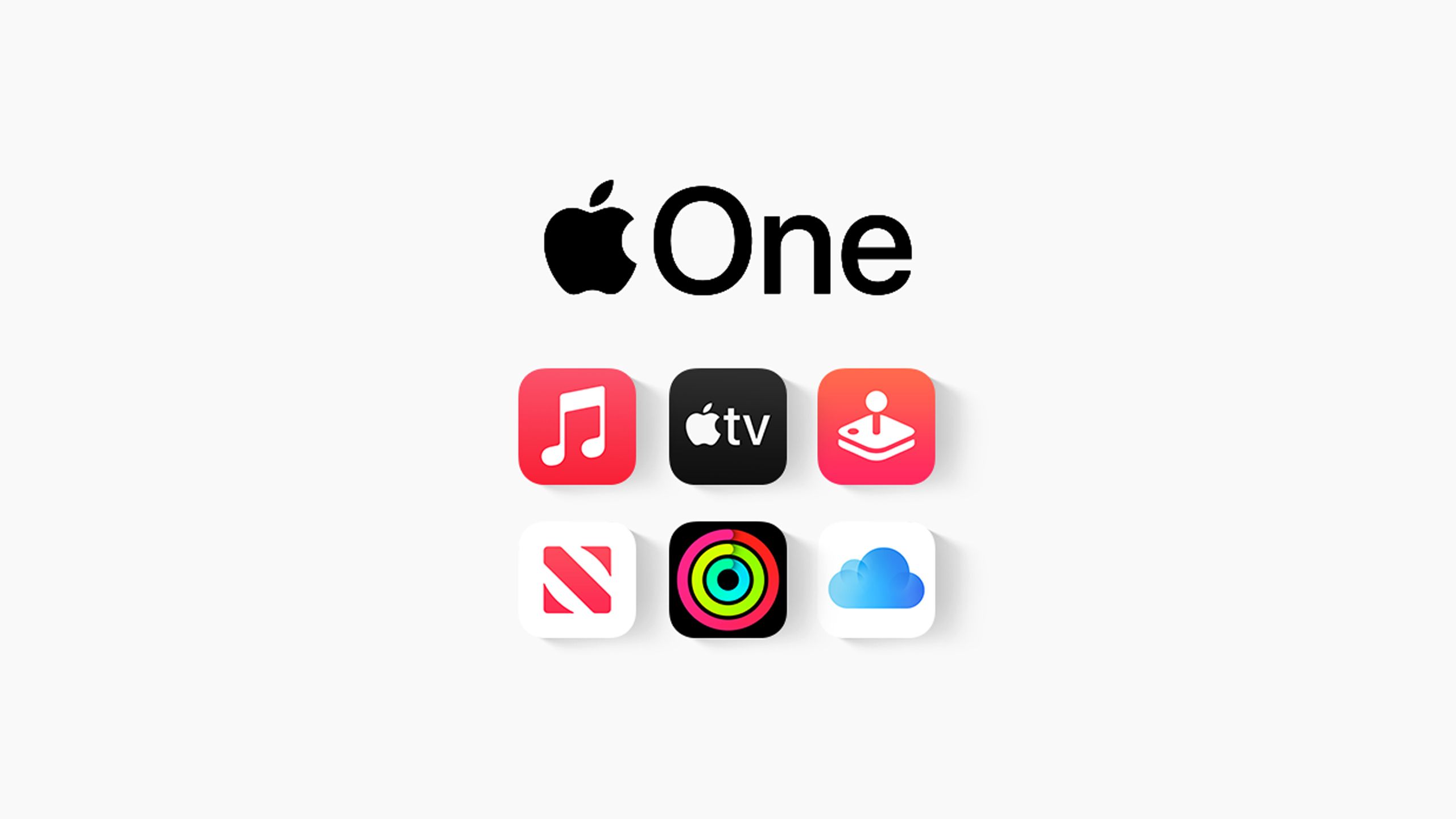Key Takeaways
- Pixelmator offers an Apple-esque editing experience for only $49.99.
- Apple’s acquisition of Pixelmator suggests the company could be interested in a Adobe Creative Cloud-style bundle.
- If Apple does move forward with a plan like that, a non-subscription-based image editor will be lost, hurting artists who can’t afford a recurring expense.
Nobody likes paying monthly for Photoshop. Despite the vital role Adobe’s image-editing software and film editing software like Premiere Pro play, the decision to switch to a subscription model instead of software you pay for once in 2013 has not been well-received. It’s costly enough to subscribe to Adobe Creative Cloud to get anyone to consider alternatives, which makes Apple’s plan to acquire Pixelmator all the more concerning.
Pixelmator has long been a Photoshop alternative on macOS. Developer Pixelmator Team’s original image editing software launched in 2007, it’s follow-up Pixelmator Pro became available in 2017, and Photomator, the developer’s answer to Adobe Lightroom, hit the App Store in 2022. All of Pixelmator Team’s software, whether on Mac, iPad, or iPhone, can be purchased for a single fee and receives regular updates with new features a few times a year. They’re also all excellent, regardless of what platform you use them on.
An Adobe Creative Cloud by way of Apple sounds good, but could put artists and enthusiasts in the exact same financial squeeze they’re already in.
Apple quietly acquires companies often with little to no explanation, but the motivation for absorbing Pixelmator clearly points in the direction of bolstering the company’s services business, something that could be very good for Apple’s bottom line and potentially bad for anyone who likes Pixelmator Team’s user-friendly approach to selling software. An Adobe Creative Cloud by way of Apple sounds good but it could put artists and enthusiasts in the same financial squeeze they’re already in.
Related
7 free Photoshop alternatives for quick and easy photo fixes
Fixing a photo or creating a graphic doesn’t always have to come with the price or learning curve of Photoshop.
Pixelmator offers an Apple-esque approach to editing images
It makes sense that they’d be interested in working with Apple
Pixelmator
You don’t have to use Pixelmator Pro long to see how clearly inspired Pixelmator Team is by Apple. Pixelmator Pro is already Photoshop by way of Apple, leveraging the company’s penchant for simple, minimalist interfaces that are still powerful enough for professionals to get work done.
It helps that the app is excellent, too. Pixelmator Pro works just as well for retouching images with Pixelmator’s Repair tool, allowing for complex graphical work that mixes multiple layers of illustrations, text, and photos into a single project. Pixelmator Pro only costs $49.99, but it gives you the features you’d need to do nearly all the same work you might already take care of with Photoshop, provided you’re willing to learn its interface. It can even import and export Photoshop files if other members of your team are still in Adobe’s ecosystem.
You don’t have to use Pixelmator Pro long to see how clearly inspired Pixelmator Team is by Apple.
The same goes for Photomator, which started its life as Pixelmator Photo and is even easier to pick up and use than Lightroom CC if you want to edit and color your photographs. Photomator also launched with an even tighter integration with Apple’s operating system — rather than create its own file system folders every time you save a project, Photomator sits directly on top of your device’s Photos app, making it simple to move any photos you want to work with from one app to another.
This approach is consistent across Pixelmator Team’s apps. Wherever possible, the company leverages Apple’s hardware and software, whether it’s supporting the company’s graphics engine Metal or building a bespoke interface for lesser-loved Apple experiments like the MacBook Pro Touch Bar. At glance, Pixelmator Pro and Photomator fit right in with Apple’s first-party apps.
No subscription required — for now
Dark Sky / Pocket-lint
In Pixelmator Team’s announcement of Apple’s intent to acquire the company pending “regulatory approval,” the software developer was clear that “there will be no material changes to the Pixelmator Pro, Pixelmator for iOS, and Photomator apps at this time,” a reassurance that the company’s apps wouldn’t immediately get shutdown or require a subscription just because Apple bought them. More dramatic changes don’t seem out of the realm of possibility, though.
When Apple purchased weather app provider Dark Sky in 2020, the company immediately decided to shut down Dark Sky for Android and Wear OS, eventually removing the iOS version of the Dark Sky app in 2023 after most of the app’s original features were folded into the default iOS Weather app. No “material changes” are being made to Pixelmator right now, but the story could be very different as soon as WWDC 2025.
Apple wants software to fill in where hardware falters
The number of subscriptions the company is selling continues to grow
Apple
Apple’s focus on offering services like Apple TV+ or Fitness+ that can generate recurring revenue for the company is primarily driven by a simple fact: People don’t buy iPhones or really any kind of computers like they used to. Whereas in the early 2010s plenty of people purchased a new iPhone every two years, the rising price and quality of Apple’s smartphones has led plenty of people to hold on to their phones and laptops for three years or more.
Because, good or bad, Apple is committed to continually growing, the company has turned to services to make up the difference. You might only buy an iPhone every three or four years, but if you pay every month for Apple TV+ and Apple News+, then Apple is still making out like a bandit. And the company doesn’t really make money on its own software otherwise. Apple used to sell apps like Pages, Keynote, or iMovie in bundles — iWork, which had Pages, Numbers, and Keynote, and iLife, which had iPhoto, iMovie, iDVD, and iWeb — but now broadly offers all of its software for free, adding its services as an extra paid sweetener on top.
Final Cut Pro for iPad is a hint of where things could go next
Apple / Pocket-lint
The exception to Apple’s approach is Final Cut Pro, Motion, Compressor, and Logic Pro, which are still offered as a one-time purchase on the Mac. These apps are as useful as ever, even if most creative industries now tend to rely Adobe software. That might be one reason why when Apple brought Logic and Final Cut to M-series iPads, the company tried something different — yet another subscription.
Apple dropped support for its photo editing software Aperture in 2014 and removed it from sale in 2015.
You can use Final Cut Pro for iPad or Logic Pro for iPad for $4.99 per month or $49 per year, and get a software experience that’s not a perfect substitute for Apple’s desktop Pro apps, but is cleverly designed around the iPad’s touchscreen. If Apple added an app specifically designed for photos, it could have a bundle rivaling Creative Cloud, at least on iPads and iPhones, where Adobe has less of a footprint. It’s hard not to see Pixelmator Pro, Photomator, or both apps fitting that role. Maybe Apple only offers the bundle on the iPad, or perhaps, like its other subscription services, these apps are offered wherever they run. Either way, it would probably be popular. It just wouldn’t feel great for anyone who likes not paying monthly for an app that helps them get it done.
A Pixelmator bundle just makes sense for Apple
Even if it’s going to make everyone else mad
It’s possible Apple acquired Pixelmator based on not just the company’s current apps, but future software that hasn’t released yet — something that might fit well with Apple’s current subscription software. It’s just as likely some future version of Pixelmator gets relabeled as Aperture — Apple’s own abandoned photo software — adopts a subscription model, and the company calls it a day. There isn’t enough precedent to say for certain what Apple and Pixelmator Team will do.

Pixelmator Pro
Pixelmator Pro is the go-to Photoshop alternative for macOS, with a design-language clearly meant to evoke Apple, and several clever AI-powered features for removing unwanted elements of photos, and streamlining other parts of the editing process.
Whatever happens, I can’t fault the developers for joining Apple. Guaranteed funding from one of the largest companies in the world to continue creating great software is not something you pass up. But it’s sad that an old way of selling software could go away with it. If you’re a macOS user looking for other apps that don’t require a subscription, Pocket-lint has multiplelists to peruse. And if you’re curious about new photo editing features Apple’s default Photos app now includes, there’s a whole guide you can follow to remove unwanted details from your photos.
Trending Products

Cooler Master MasterBox Q300L Micro-ATX Tower with Magnetic Design Dust Filter, Transparent Acrylic Side Panel…

ASUS TUF Gaming GT301 ZAKU II Edition ATX mid-Tower Compact case with Tempered Glass Side Panel, Honeycomb Front Panel…

ASUS TUF Gaming GT501 Mid-Tower Computer Case for up to EATX Motherboards with USB 3.0 Front Panel Cases GT501/GRY/WITH…

be quiet! Pure Base 500DX Black, Mid Tower ATX case, ARGB, 3 pre-installed Pure Wings 2, BGW37, tempered glass window

ASUS ROG Strix Helios GX601 White Edition RGB Mid-Tower Computer Case for ATX/EATX Motherboards with tempered glass…














